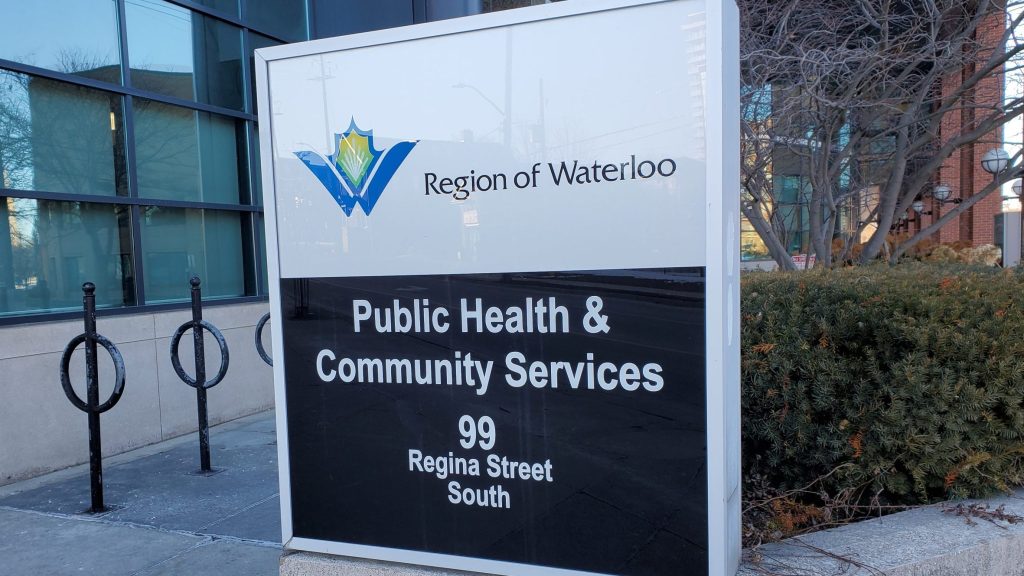Kitchener, Guelph CTS sites approved for transition to treatment hub

Posted Jan 2, 2025 11:32:15 AM.
Last Updated Jan 2, 2025 12:04:31 PM.
Nine consumption and treatment service (CTS) sites across Ontario will soon be transitioned into only treatment centres, the Ontario Ministry of Health announced on Thursday.
The sites approved to be transitioned into Homelessness and Addiction Recovery Treatment (HART) Hubs are in Toronto, Ottawa, Hamilton, Kitchener, Guelph and Thunder Bay and are located within 200 metres of schools and licenced child-care centres.
They will be operational for treatment by March 31 — the same day other supervised consumption sites near schools and daycares will be closed for good.
In Kitchener, this means the CTS site at 150 Duke St. W. will close and the new HART Hub will open in the Tannery Building at the Kitchener Downtown Community Health Centre, located at 44 Francis St. S.
Guelph will see a hub in place at the community health centre on Wyndham Street North.
“We have heard loud and clear from families across Ontario that drug injection sites near schools and child-care centres are making our communities less safe,” said Sylvia Jones, Deputy Premier and Minister of Health. “Through these nine new Homelessness and Addiction Recovery Treatment Hubs … we are taking the next step in our plan to keep communities safe while improving access to mental health and addictions services.”
The transitions are part of the province’s $378 million plan to build a total of 19 new HART Hubs across Ontario — a move that faced some resistance from advocates.
One study suggested the move will result in an increase in public drug usage, overdoses and overdose deaths due to a severe reduction in safe spaces to use drugs in the presence of trained health professionals.
But the province points out that it’s investing even more money into treatment that will ultimately help people get back on their feet, rather than stuck in the perpetual horrors of addiction.
“These hubs will be eligible, on average, to receive up to four times more funding to support treatment and recovery under the model than they receive from the province as a consumption site,” a Ministry of Health release states.
“To assist with transitioning, the sites will also receive one time funding for start up costs.”
The province notes that it made the case for closing and transitioning injection sites as a response “to serious safety concerns raised by communities, families and parents.”
The locations and plans can be found in the following document: (source: Ministry of Health)
Sites for transition by CityNewsToronto on Scribd








